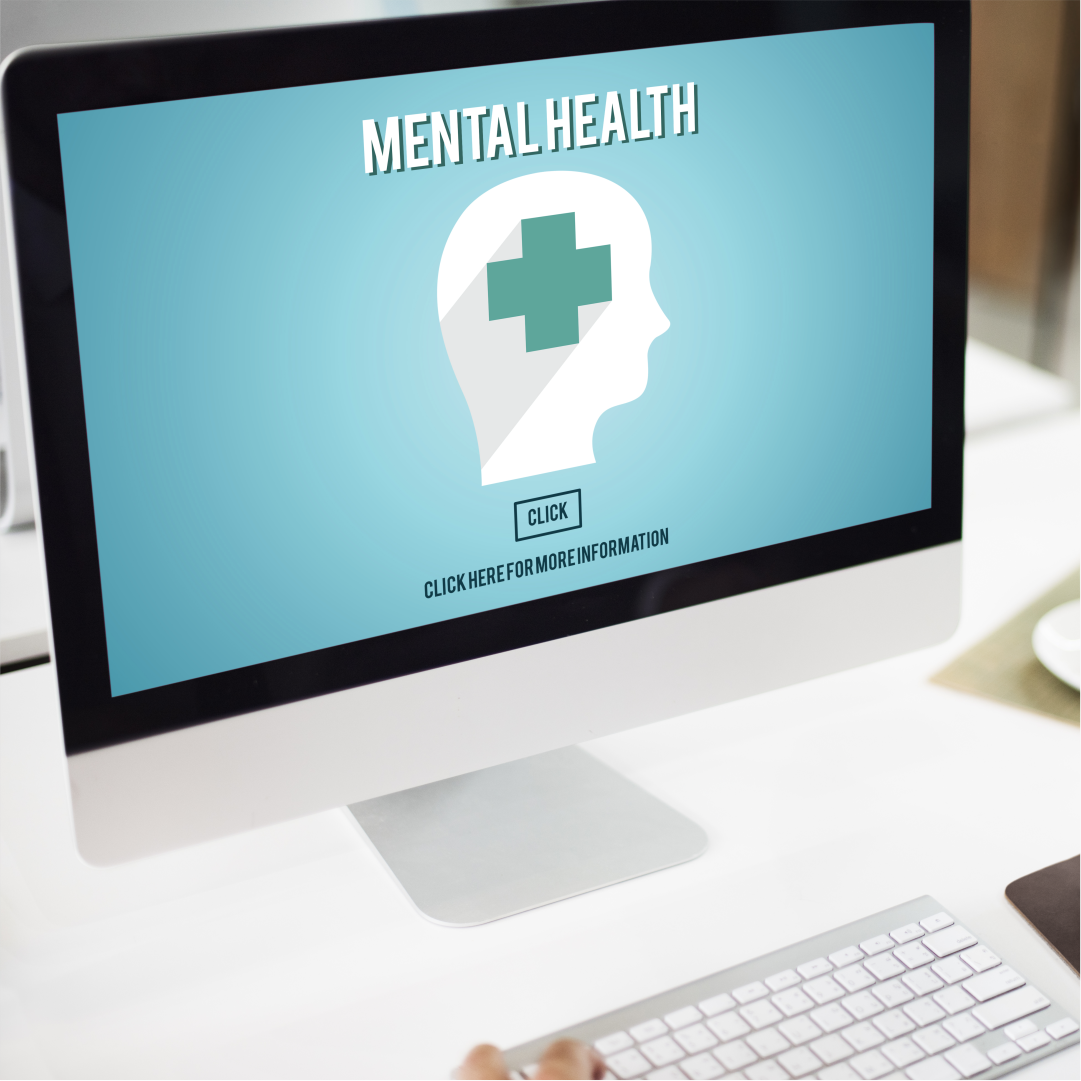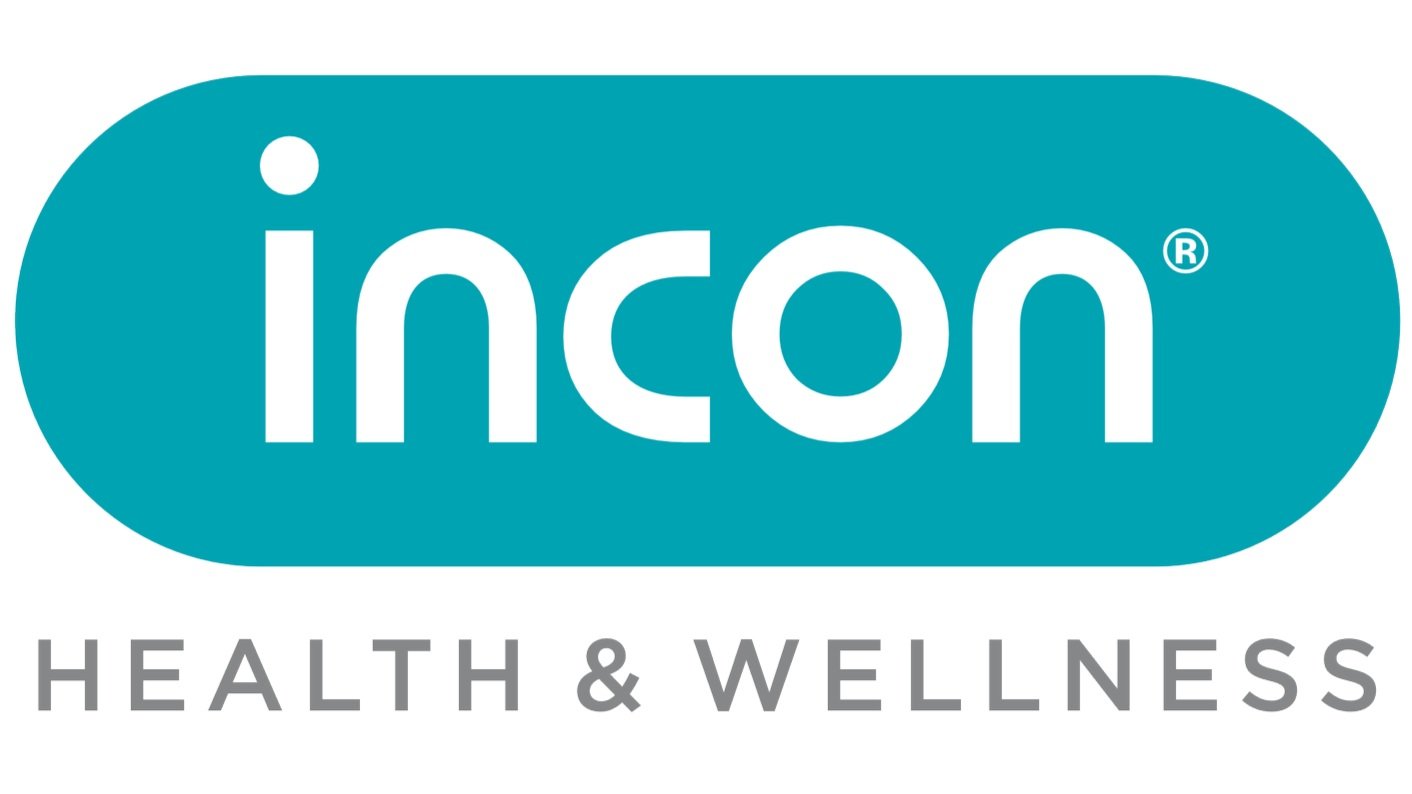
Psychosocial Hazards
The future of work demands a holistic approach to employee well-being. Businesses that invest in mental health and workplace culture are not only safeguarding their employees but also strengthening their long-term success.
By recognising and mitigating psychosocial hazards, organisations create workplaces where employees can thrive—both professionally and personally.

Future of Wearable Technology
Wearables are changing workplace safety.
No longer just for fitness, smart devices now track real-time health data and detect hazards before they cause harm.
Organisations can use this tech to prevent injuries, support employee well-being, and create safer, more responsive workplaces.

Healthy Mind Healty Health
The future of workplace well-being
Mental health support is no longer a ‘nice-to-have’—it’s a non-negotiable. Companies that prioritise holistic well-being are building teams that are healthier, more engaged, and more resilient.
The future of work demands it.

Navigating SA’s OHS Regulations
OHS compliance isn’t just about ticking boxes—it’s about creating a safer, more productive workplace. With evolving regulations in South Africa, businesses must move from reactive safety measures to proactive risk management. Regular audits, continuous training, and a culture of safety protect both employees and operations. When safety is a priority, engagement and productivity follow. Compliance isn’t just a requirement—it’s the foundation of a resilient workplace.

Ergonomics in the Modern Workplace
Ergonomics is more than just good chairs—it’s about designing workspaces that support comfort, health, and productivity. Poor setups lead to fatigue, pain, and lost efficiency, but the right adjustments can prevent injuries and boost performance. Whether in the office or working remotely, simple ergonomic improvements make a big impact. A well-designed workspace isn’t a luxury—it’s a necessity for a healthier, more effective team.

Mental Health First Aid
Mental health first aid is transforming workplaces by equipping employees with the skills to recognize early signs of distress, offer support, and guide colleagues to professional help. Just like physical first aid, it ensures no one suffers in silence. Prioritising mental well-being fosters a culture of care, boosts morale, and enhances productivity. A mentally healthy workforce isn’t just a goal—it’s a necessity.

Navigating Safety Regulations
A Safer Future Starts Now
Adapting to workplace safety regulations in 2025 is not just about compliance; it’s about creating an environment where employees feel safe and supported. Businesses that prioritise safety set the foundation for long-term success, earning the trust and loyalty of their teams

Boost Employee Wellbeing
Investing in employee wellbeing through occupational health programs is a long-term strategy that benefits everyone. From happier, healthier employees to increased productivity and reduced costs, the returns are undeniable. A workplace that prioritises health is one where people—and businesses—thrive.

The Hidden Costs of Workplace Injuries
Investing in workplace safety is not just about avoiding costs—it’s about creating an environment where employees feel secure, valued, and motivated to perform at their best.
The cost of prevention is always less than the cost of reaction. Building a safer workplace benefits everyone and ensures a more resilient and productive organisation.

Thriving Through January
January often feels like the year’s toughest hurdle—the festive cheer fades, finances tighten, and the daily grind resumes. But this “longest month” can also be a fresh start. With the right mindset and a few practical strategies, January becomes more than just something to get through—it’s an opportunity to reset, refocus, and set the stage for a successful year ahead.

Silent Hazards
Workplace safety isn’t just about the obvious hazards—it’s the hidden risks that often pose the greatest threat. Poor air quality, noise pollution, ergonomic oversights, and psychological stressors can silently impact employee well-being and productivity. It’s time to uncover and address these silent hazards, fostering a workplace where safety is part of the culture.

Workplace Health & Safety Tips - 2025
As we welcome a new year, it’s the perfect time to focus on building a healthier, safer, and more productive workplace. Occupational health and safety form the backbone of a thriving environment, ensuring employees feel supported, valued, and equipped to perform at their best. By prioritising well-being, updating safety practices, and fostering a culture of communication, businesses can set the stage for a successful 2025.

Balancing Cheer & Responsibility
The festive season is a time of celebration and reflection, but it also brings unique challenges for businesses. From ensuring workplace safety during year-end shutdowns to supporting employees’ well-being, thoughtful planning can help create a safe, balanced, and enjoyable environment for everyone.

Resolutions for a Healthier 2025
Employee wellness is the cornerstone of a thriving business. As we approach 2025, it’s time to prioritise health, safety, and balance in the workplace. A healthier workforce means happier teams and stronger performance.

Festive Season & Mental Health
The festive season is a time of joy but also brings unique challenges for employees, from year-end pressures to personal obligations. Supporting mental health during this period is essential for fostering a happy, productive workplace. Here’s how businesses can prioritise employee well-being this holiday season.

Manage End-of-Year Burnout
End-of-year burnout can be all too familiar, but with healthy boundaries, clear priorities, and intentional recharge time, we can close the year feeling balanced and ready for what’s next. As we wrap up this chapter, let’s celebrate our accomplishments and step into the new year with renewed energy. Small steps toward balance now can make a big difference for a fresh start ahead.

16 Days of Activism
The 16 Days of Activism is a powerful reminder of the role we all play in ending violence. Whether through education, support, or simply spreading awareness, each of us has the ability to contribute to a safer, more compassionate world.
Let’s stand together, raise our voices, and work towards a future where everyone can live without fear. Together, we can break the cycle of violence and build a safer tomorrow.

Proactive Approach to Health
Health is the foundation of a balanced, fulfilling life. In a world full of demands, taking small, proactive steps—like regular check-ups and mental health check-ins—can make a lasting difference. Explore practical ways to boost your well-being and embrace a healthier, more resilient future.

Smart Approach to Chronic Conditions
Supporting employees with chronic conditions isn’t just compassionate—it’s strategic. When businesses take steps to provide meaningful support, they often see reduced absenteeism, higher morale, and stronger overall performance. Creating a healthier, more resilient workforce benefits everyone involved.

Movember is Men's Health Month
Movember is more than growing a moustache; it’s a movement raising awareness for men’s health issues like prostate cancer, testicular cancer, and mental health. Each November, we’re encouraged to break down stigmas, foster conversations, and champion men’s well-being. Join the movement—together, we can make a difference!
